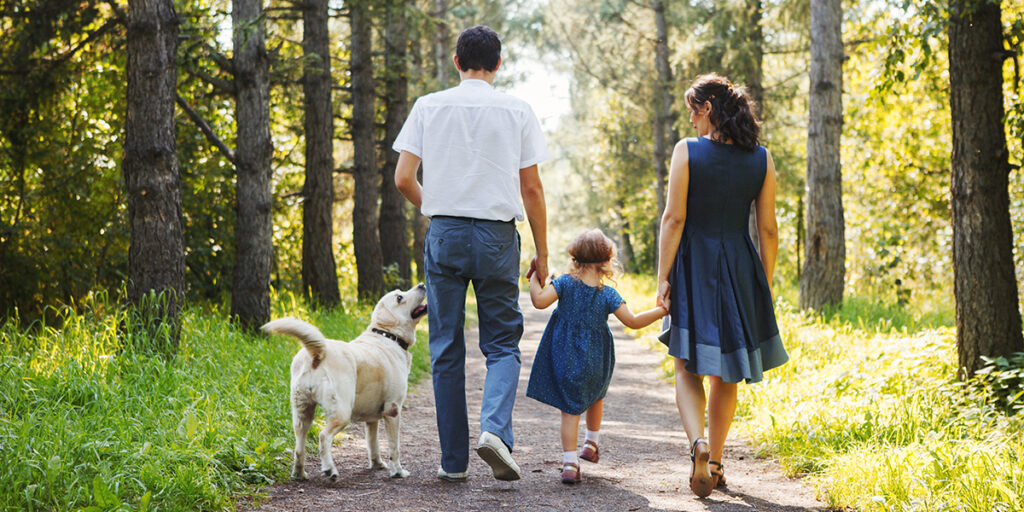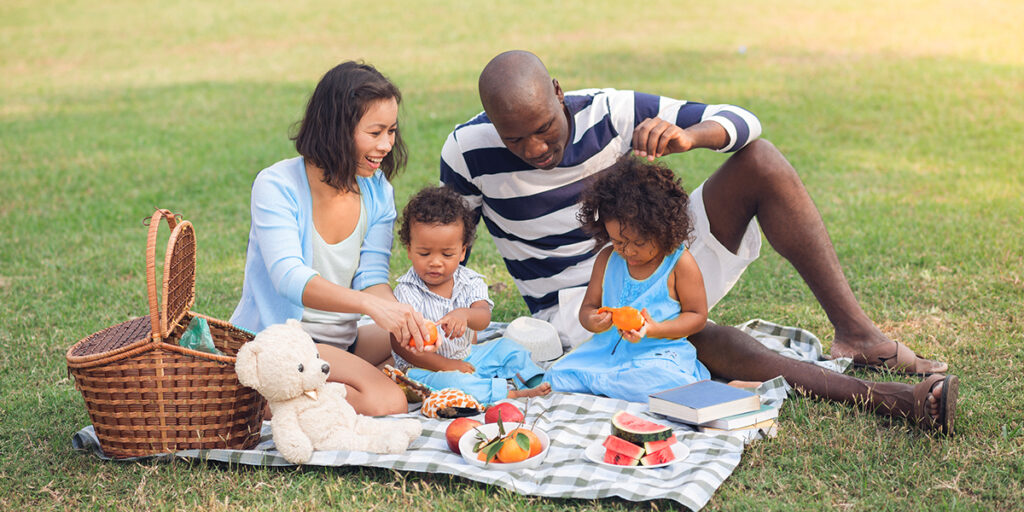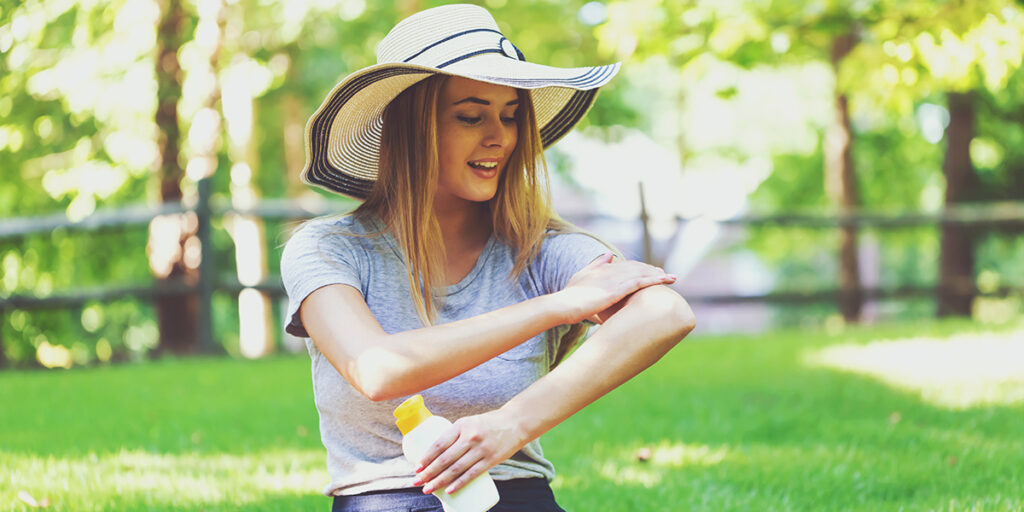Heading outside is a great way to cut back the screen time, enjoy the sunshine and get some fresh air. If you’re spending more time outdoors, especially with your kids, it’s a good idea to be prepared. From wearing the right shoes to dealing with insect bites and stings, we’ve outlined below what you can do to make your outdoor time more enjoyable.
Proper footwear
Flip flops and strappy sandals may seem like ideal summer footwear but they can be dangerous on sandy surfaces. Small children have tender soles, which can easily be burned on hot sand. Open-toed or strappy sandals also leave room for small rocks and other sharp objects to enter and cause pain. The ideal shoe is one that protects both the soles and the upper part of the foot from sharp objects such as nails and glass. Non-slip soles are a plus, helping to prevent injuries caused by slipping on rocks that have become slick from water and algae.
Insect stings & bite
If picnicking or barbecuing outdoors, it is best to prepare in advance for insect attacks. Wearing bright clothing is not a good idea as stinging insects are attracted to bright colours (yellow is particularly appealing to bees). Perfume, including that from shampoos, conditioners, hand cream, lip balm etc. is also an attractant.
Always make sure that food items with fruity aromas like jams, jellies, juices, fruit salads, popsicles and sweet barbecue sauces are kept in sealable containers and close them when not being served. Be aware that open beverage cans are traps for inquisitive bees and wasps, which can enter the can and attempt to exit it when someone drinks from it. This can result in painful stings to the lips and inside the mouth. Stings inside the mouth and throat can be extremely dangerous as they can swell and impede swallowing or breathing.
Teach your children to keep still if a stinging insect lands on them and to let an adult do the work of removing it. If anyone in your group is allergic to insect stings, and needs to use an epinephrine autoinjector, be sure to check with them that they are carrying it. The outdoors are a haven for stinging insects during the summer, and medical attention likely won’t be fast enough in the event of anaphylaxis.
Sun safety
Staying safe in the sunshine means being aware of the three most pressing dangers—heatstroke, sunburn and dehydration. Encourage everyone to drink non-alcoholic drinks frequently, water being the beverage of choice. Also be sure to reapply sunscreen every two hours and always after swimming. You can read more on the prevention and treatment of heatstroke and dehydration here.
First aid
Planning for a visit to the beach also means making sure you have basic First Aid supplies on hand. Despite the best of intentions, accidents do happen, and it’s wise to be prepared.
Cuts and abrasions:
Use bottled water to rinse off the cut, pat dry with a clean towel or cloth, and apply an antibiotic ointment such as Polysporin® to prevent infection, and promote healing.
Apply an adhesive bandage such as Band-Aid® Skin-Flex™, which is designed to move like a second skin; 100 per cent waterproof Water Block™, or children’s bandages—which quickly divert attention away from injuries with their fun kids’ show images.
Insect stings and bites:
Wasps sting and leave, whereas bees leave the stinging organ in the skin, where it continues to emit venom. Quickly remove the stinger with a pair of tweezers, the edge of a credit card or other flat object, or your fingernail. Wash the area with bottled water and soap if you have brought some with you.
Stinging pain and itching frequently accompany bites and stings, so be sure to apply Benadryl® Itch Relief Stick or spray to relieve itch and pain, and protect the skin.
Read other articles in our Spring-Summer 2020 volume of our Bettercare magazine here.




